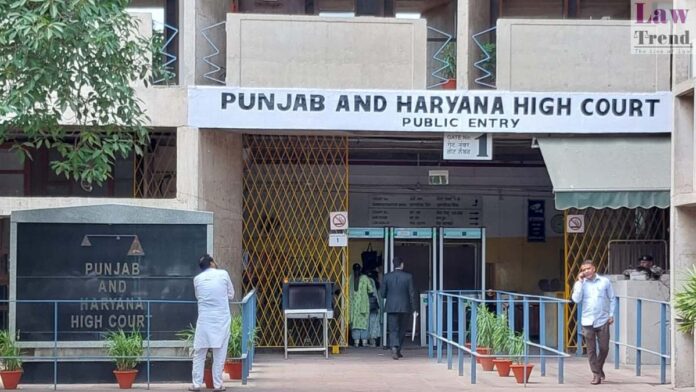In a significant ruling that underscores the importance of procedural rigor in criminal investigations, the Punjab and Haryana High Court acquitted two accused in a 2007 murder case, citing serious deficiencies in the prosecution’s reliance on eyewitness identifications made in court without prior Test Identification Parades (TIPs). The bench, comprising Justice Sureshwar Thakur and Justice




